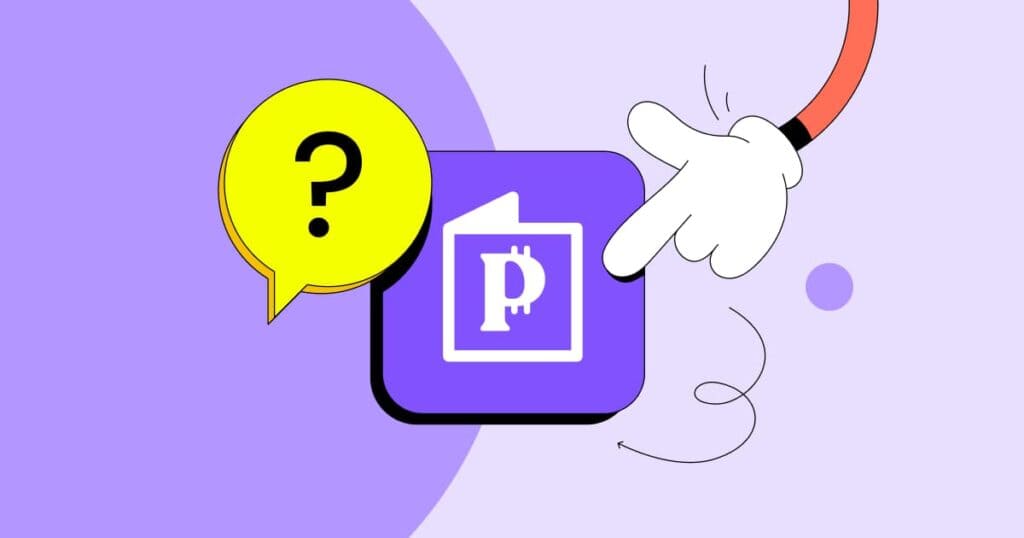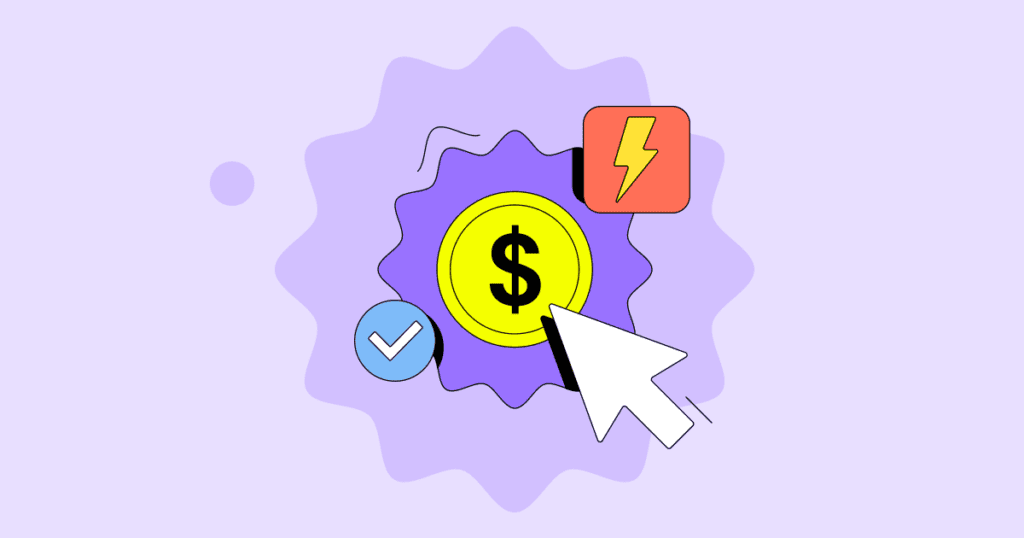Surviving on the streets is a constant struggle. Every day presents new hardships and obstacles as basic necessities become scarce. But what if being homeless could not only enable you to meet your daily needs but also find unexpected ways to earn good money?
While it may seem counterintuitive, living without a permanent residence can actually open up opportunities to make money in creative ways.
What Opportunities Exist for Homeless Individuals to Earn Money?
Living on the streets can make it extremely difficult to find reliable sources of income. However, some opportunities exist for homeless individuals to earn cash, even temporarily.
- Day labor: Sites like TaskRabbit offer day labor gigs such as moving, yard work, assembly tasks, waiting in line, and household repairs. You receive payment at the end of each job. This route can be an effective way to earn small amounts of cash on an as-needed basis.
- Busking: Performing music, juggling, magic tricks, or other talents in public spaces is a centuries-old practice known as busking. If you have exceptional talents or abilities, busking can be an opportunity to earn tips from interested onlookers. Popular busking locations include subway stations, parks, and outside event venues.
- Collecting recyclables: In areas with bottle deposit laws, collecting and redeeming cans and bottles is a viable way for homeless individuals to earn cash. The average can or bottle yields 5 to 10 cents upon redemption, so collecting several hundred containers could yield $20 to $50 or more.
- Online Platforms: If you are a homeless person but have access to a smartphone, you can earn money by undertaking short online tasks. Pawns.app is one such platform that enables you to earn money by simply completing short online surveys and sharing your Internet.
- Participating in studies: Some colleges and research institutions pay individuals to participate in studies and experiments. Homeless people may join studies on health conditions, substance use, psychology, and other topics. These typically pay $50 to $200 or more for just a few hours of participation.
The opportunities above don’t guarantee consistent income, and even if they do, it would likely be minimal. However, even a small income could make a difference for a homeless person trying to gain a toehold and save money for housing or other essentials.
Can Panhandling Be a Viable Source of Income?
Panhandling, or asking strangers for money or donations on the street, has long been considered a risky last resort in desperate situations. Giving is always voluntary, so donations depend highly on the widely varying generosity of passersby. Bad weather, holidays, and shifts in public opinion could all impact donations significantly.
Still, if done strategically and consistently, panhandling can constitute a viable income source. Experienced panhandlers claim they can make $20-50 per hour on a good day. Realistically, however, very few people make it into a viable long-term job as you need to find the correct approach.
- Befriend regular passersby
- Have a compelling personal story
- Create an effective sign
- Build rapport and trust with donors
- Incorporate performance elements
Another crucial factor is choosing a time and location with lots of potential donors. Busy intersections at rush hour, public transportation hubs before the workday, and tourist spots on weekends are some good examples. Promising opportunities will make you more visible, however, which might raise some other problems.
Panhandling may be illegal in your area and could get you in trouble with law enforcement. Usually, other panhandlers are a sign that it’s permitted, but they might get aggressive with competitors. Always stay on alert and be prepared to leave if it gets dangerous.
Ultimately, most people would argue that panhandling should not become a permanent source of income due to the stigma, dangers, and welfare implications involved. For some individuals with few other options, panhandling could provide temporary financial stability if done strategically and safely.
How Can Homeless Individuals Access Job Opportunities?
Finding a job can be challenging for anyone, but homeless individuals face additional obstacles due to a lack of permanent housing. No situation is out of solutions, and there are government programs and nonprofits willing to help.
- Reach out to homeless shelters and nonprofit organizations: Programs such as The National Alliance to End Homelessness or Volunteers of America can help with job search. They have connections to employers willing to hire people who are homeless and help with resume writing or preparing for interviews.
- Apply for government aid programs: Programs like the Supplemental Nutrition Assistance Program (also known as the Food Stamps program) and Medicaid can provide needed help, making it easier to focus on work. Some programs even have job training opportunities.
- Utilize free public resources: People experiencing homelessness can use public libraries that offer free computer and internet access to search and apply for jobs online.
- Ask for accommodations during the hiring process: Be upfront with potential employers about your housing situation and any constraints it places on work. Some employers will be understanding and willing to accommodate you.
- Consider temporary or gig work: Even if it’s not permanent, temporary work can provide some income and work experience, making finding a long-term job easier.
- Attend job fairs targeted towards homeless individuals: Some organizations host job fairs specifically for people experiencing homelessness to match them with employers looking to hire.
With persistence and help, finding a job is within reach for all homeless individuals looking to regain stability in their lives. Prioritizing employment and accessing available support can help the homeless rejoin the workforce and move into more permanent housing.
What Resources Are Available to Help Homeless Individuals?
Supporting homeless individuals requires a wide range of resources from government agencies, nonprofit organizations, and community groups. Many resources are available to help people get back on their feet and address the complex challenges of homelessness.
- Government Programs
Federal, state, and local governments fund critical programs to combat homelessness. Their efforts include funding for temporary and permanent supportive housing programs, homeless shelters, healthcare services, substance abuse treatment, job training and employment services, food assistance, and other essential needs.
- Nonprofit Organizations
Nonprofit homeless shelters, soup kitchens, and aid organizations are on the front lines in helping homeless people meet their basic needs for food, clothing, and shelter. Many nonprofits offer case management, job programs, healthcare referrals, legal assistance, and other social services. Faith-based organizations are also active in serving the homeless population.
- Community Resources
Local churches, community centers, libraries, and other public places may offer resources like a place to shower, do laundry, access the Internet, find temporary work, and participate in recreational activities. Community members can help by donating goods, volunteering time, or providing financial support to such organizations.
How Can Homeless Individuals Work Toward Financial Stability?
The first step to financial stability for homeless individuals is securing stable housing. There are a couple of immediate options:
- Roommates: Renting a room or staying for a night in someone else’s home can provide an affordable housing option with more stability. Close friends and family are your best bet.
- Shelters: Transitional shelters can provide short-term housing while people work on saving money and finding permanent housing.
- Public Housing: Applying for public housing and subsidized apartments can offer long-term low-cost or free housing.
Once housed, people can focus on generating income. Even small amounts of steady income can help build toward goals. Some options are:
- Day labor: Taking temporary work like landscaping and construction can generate daily or weekly cash income.
- Donations: Asking for donations from organizations, churches, and individuals can provide initial financial help.
- Part-time jobs: Applying for part-time, entry-level jobs provides regular income and work experience. These jobs may include retail, kitchen, or cleaning services.
As income increases, prioritizing savings is key. Otherwise, you risk spending everything you earn and return to square zero. Saving for short-term goals like securing identification documents or buying work-appropriate clothing will help transition toward financial stability.
There are many simple strategies to save money – from budgeting your spending with financial apps to simply defining realistic saving goals. Homeless people often start by paying off their debt and implementing simple budgeting strategies, such as the 50/30/20 rule, to regain control of their finances.
It might be challenging to deal with banks since homeless individuals aren’t their ideal customers, but it’s still possible to open a basic bank account. Many financial institutions have schemes for people with no permanent address. There are also prepaid debit cards that can help get financial services, at least temporarily.
A Step-by-Step Guide to Financial Independence for Homeless Individuals
No situation is out of solutions. Many people have already risen out of homelessness with persistence and support. Based on their success stories, you can find some actionable steps to take when facing extreme poverty.
- Seek support: There is no shame in reaching out to government assistance programs, nonprofit organizations, family, and friends for help.
- Find temporary work and shelter: Various gig jobs and homeless shelter programs can help you get through immediate struggles.
- Revisit your expenses: Try to pinpoint what led you to this path and take steps to avoid the lack of money in the future.
- Build useful skills: A large part of ensuring your financial security is having employable skills. Many free or inexpensive training programs can help you reach a higher income.
- Focus on long-term stability: Continue to build savings and invest in your education and long-term housing solutions to achieve financial independence.
Wrapping It Up
While having a home and steady income is ideal, there are ways for homeless individuals to make money for basic needs. Panhandling, recycling cans, day labor, and participating in studies for compensation can provide financial support. They might be unreliable for long-term stability. Don’t be afraid to seek support – there are people willing to help.
FAQ
What jobs can homeless individuals do to earn money?
Temporary and part-time jobs tend to have lower barriers of entry for homeless individuals. Examples include food service, retail, janitorial work, handyman jobs, ridesharing, freelance writing, and plasma donation.
What resources can help homeless individuals find work?
Shelters, nonprofits, and government agencies offer job placement programs and resources for homeless individuals. They can help with job training, resume writing, clothing for interviews, transportation assistance, and access to computers and the Internet.
How can homeless individuals manage their money effectively?
Opening a bank account, using cash management apps, and budgeting are effective money management strategies. Budgeting allows individuals to prioritize spending on essential needs like food, shelter, and transportation before discretionary expenses.
How do you hustle money on the street?
Panhandling is perhaps the most common method for earning money on the street. If you can incorporate some performative elements, busking can be a step forward. Other options include collecting various recyclables, yard work, gig work, or online platforms.
How do hobos make money?
Temporary labor, recycling, panhandling, busking, gig economy jobs, and online work are the most common for individuals without a home. For many, this is just temporary employment without consistent income, so the help of various assistance programs and organizations is crucial.
How do I make money if I can’t work?
It all depends on why you can’t work. Some find starting a YouTube channel, reselling used goods, or doing yard work to be compelling options. Busking and panhandling are the most accessible to homeless individuals. Seek help from social programs within your local community for long-term solutions.
What do most homeless people use money for?
Most homeless persons cover their basic needs of food, clothing, transportation, and shelter. Others indulge in bad habits that further their problems – drugs, alcohol, or gambling. However, some studies suggest that a stereotypical notion of homelessness as rooted primarily in bad spending habits is incorrect.
















